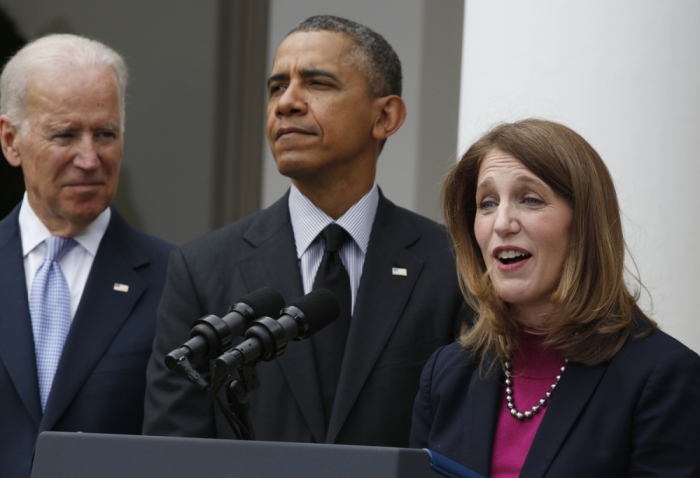HHS Marginalizes Its Own Ethics Body for Criticizing Controversial Study on Premature Infants

A watchdog group has revealed that the Department of Health and Human Services is marginalizing its own ethics body for pointing out that its controversial study of premature babies failed to disclose foreseeable risks of blindness, neurological damage and death to babies.
Emails obtained by the watchdog group Public Citizen show the HHS Immediate Office of the Secretary has taken away a major responsibility of reviewing rules governing research on human test subjects from the Office of Human Research Protections, and given it to the National Institutes of Health, the agency that conducted the controversial study.
The watchdog points out that there is a "direct conflict of interest" there. "This shift of authority from the regulator to the regulated is unacceptable," says Public Citizen's Dr. Michael Carome.
The Daily Signal reported in June about the government-backed study called "SUPPORT," which was conducted from 2006 to 2009 on 1,316 extremely premature infants at 23 academic institutions under the NIH, which is part of the HHS.
"Just 24 weeks into her pregnancy, Sharrissa Cook gave birth to a critically ill baby boy. Dreshan weighed in at a fragile 1 pound, 11 ounces. He lay motionless in the incubator, connected to tubes and monitors in the neonatal intensive care unit at the University of Alabama at Birmingham Hospital," it reported.
In October 2006, medical personnel asked Cook to enroll little Dreshan in a study. They described it as a program offering assistance and encouragement to premature babies and their families.
"I remember them telling me they were a support group who would pretty much hold my hand through the developmental process," Cook was quoted as saying.
But the study was much more than that. According to the study results published in the New England Journal of Medicine in May 2010, babies were more likely to have serious vision disorders or die depending on the random study group to which they were assigned.
"Allowing NIH to play such a lead role in drafting the NPRM [draft notice of proposed rulemaking] for revising the Common Rule corrupts the rulemaking process and is akin to asking the pharmaceutical and medical device industry to write the Food and Drug Administration's regulations regarding the approval process for drugs and medical devices," Carome says.
Earlier this year, Public Citizen accused officials in the office of former HHS Secretary Kathleen Sebelius of deliberately allowing senior NIH officials to interfere with the ongoing ethics investigation into the controversial study.
"These two incidents together demonstrate a disturbing pattern of conduct in which senior HHS officials fundamentally compromised OHRP's regulatory authority and almost certainly caused long-lasting and possibly irreparable harm to the status of this critically important regulatory agency, whose primary mission is to protect human subjects," says Carome.




























